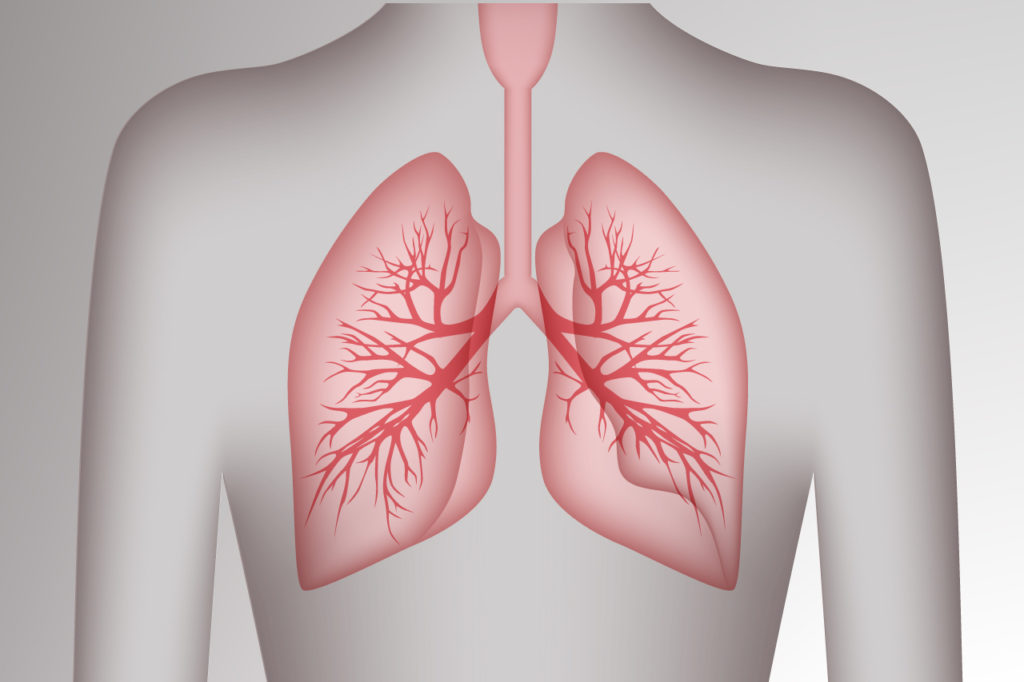
COVID-19 is a transmissible infection provoked by a newly discovered coronavirus. In early 2020, this new COVID-19 virus began creating headlines across the globe because of the unusual rapidity of its transmission. Its outbreaks have been ascertained to a food market in Wuhan, China, in December 2019. From there, it has spread like wildfire to countries worldwide, and the WHO (World Health Organization) declared the COVID-19 outbreak a pandemic. In this article, Dr Kausthub Desikachar discusses covid-19 symptoms, complication, prevention and vaccines in 2021.
Symptoms Of COVID-19
While scientists and doctors are still learning new things about the new coronavirus every day, some of the common symptoms of COVID-19 are:
· a stuffy or runny nose
- a cough that gets critical over time
- loss of taste or smell
- headache
- high temperature that doesn’t go down with OTC (Over The Counter)tablets
- body chills
- diarrhoea
- overtiredness
- shortness of breath
- terrible restlessness and confusion
The second wave of Coronavirus in India has overwhelmed the healthcare professionals as the COVID-19 virus infection is going undetected in the RT-PCR test. The double mutant second wave of coronavirus show more symptoms along with the previous one (Not in all cases):
- Prickly, itchy, sore throat
- Fever and extreme body chills
- Nausea and vomiting
- Dizziness
- No saliva production
- Skin rashes
Dr Kausthub Desikachar says individuals with COVID-19 may endure all, some or none of those mentioned above symptoms. Studies show that people with mild COVID-19 encounter no symptoms or just 1 or 2 symptoms like normal fever.
What Is Considered A Mild Covid-19?
According to COVID-19 treatment guidelines, most people affected with covid-19 are mild cases. People are delineated as having a mild case if they:
· experience any of the common symptoms of COVID-19 (such as cough, exhaustion, or loss of taste or smell)
· people who do not endure shortness of breath or abnormal chest imaging
In December 2020, studies showed that 17% of people affected with COVID-19 do not experience any symptoms and are asymptomatic.
What Is Considered A Severe Covid-19?
People who experience the below symptoms are considered to have been affected severely by COVID-19 and must get in touch with your healthcare provider immediately to get started with COVID-19 treatments.
- difficulty inhaling
- blue lips or a blue face
- tenacious pain and pressure in the chest
- excessive confusion
- extreme drowsiness
Possible Complications If Affected With COVID-19
The most severe complication of COVID-19 is Pneumonia.
Other complications are:
- irregular heart rate
- blood clots
- cardiogenic shock
- kidney failure (including needing dialysis)
- severe muscle pain
- exhaustion
- heart damage or heart attack
Who Is At Increased Risk?
People with certain health conditions have higher risks if affected with COVID-19:
- Cancer patients
- Heart patients
- Kidney disease
- Lung disease like COPD, asthma
- Diabetes
- Pregnant women
- Weakened immune system, anaemia
You are also at higher risk of growing affected with COVID-19 if:
· Older adult
- Infants
- Live with someone who has been affected by COVID-19
- Have an intimate partner who has been affected by COVID-19
- If you have come in close contact with someone who has sneezed, coughed, talked, or if you have been exposed to their saliva.
How Can You Prevent COVID-19?
WHO recommends following the below precautions to avoid getting in contact with COVID-19:
- Wash your hands frequently for at least 20 seconds each time
- Don’t touch your eyes, nose, mouth, or face when your hands are dirty
- Keep 6 ft gap separating yourself and others
- Don’t go out if you observe being sick or have any cold or virus symptoms
- Avoid crowds and large gatherings
- Close your mouth with a tissue or the inside of your elbow whenever you sneeze or cough and throw tissues you use right away
- Wear a mask whenever you get out of your house
- Clean objects like phone, computer, doorknob with disinfectants.
- Use hand sanitisers whenever you touch anything or anyone
- Avoid sharing towels, bedding, glasses, plates if you’re unwell.
- Avoid public transport, cabs, autos if you’re ill.
Vaccines And Safety
Dr Kausthub Desikachar says that we must trust the authorities on the safety issues of the COVID-19 vaccines, but we must take decisions based on our own intuition and feelings. WHO operates strictly with national authorities to guarantee that global measures and standards are acquired and performed to assess the quality, safety and efficacy of vaccines. Ensuring the safety and quality of vaccines is one of WHO’s highest priorities. Getting vaccinated will help guard you against contracting severe COVID-19 disease. You may experience some mild side effects after getting vaccinated, like fever or dizziness, which are signs that your body is developing protection.
For more details on vaccines, visit WHO.

Dr Kausthub Desikachar
Dr. Kausthub Desikachar is the successor and current lineage holder of the classical Viniyoga tradition of T Krishnamacharya & TKV Desikachar. He is an acclaimed yoga teacher, yoga therapist, healer and spiritual adviser. He is also an avid photographer, inspirational writer and poet.
Trending Post
Subscribe Now
Subscribe for blog updates on Poems, Photography, Health & Wellness, Spirituality & Culture and travel.


